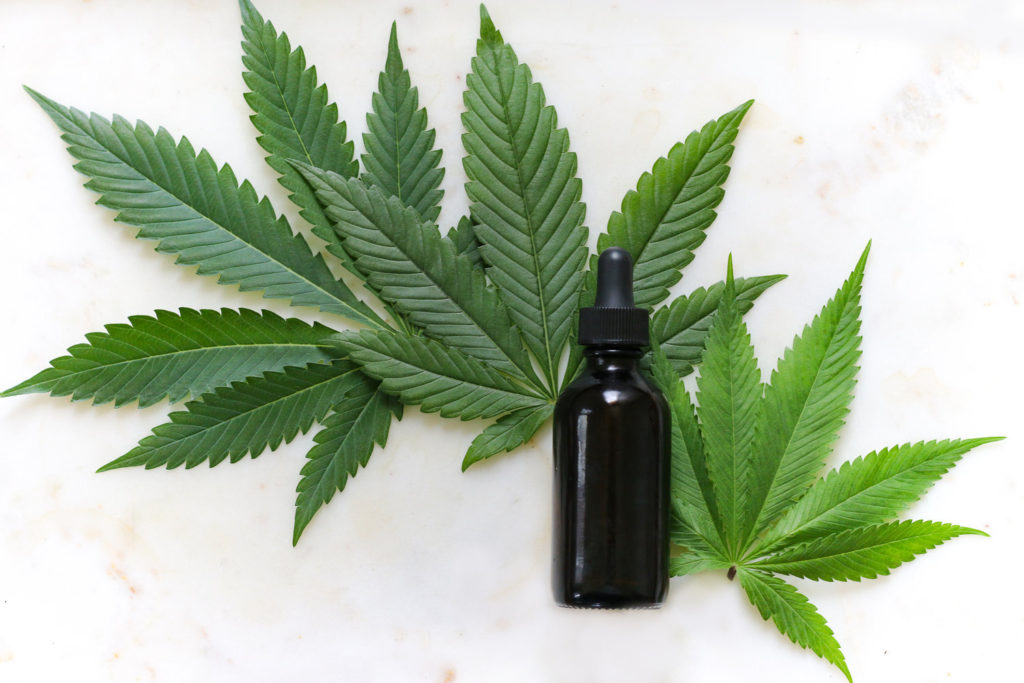D.C. residents testified on Wednesday Apr. 28 at a hearing by the Alcoholic Beverage Regulation Administration (ABRA) on new rules that ease restrictions on the medical cannabis industry amid the coronavirus pandemic.
The new regulations, unanimously approved by ABRA’s board in March, lift a cap on the number of plants cultivators can grow. They also allow dispensaries to operate up to five delivery vehicles and to host cooking classes and demonstrations, among other provisions.
Rabbi Jeffrey Kahn, co-owner of Takoma Wellness Center, one of D.C.’s largest cannabis dispensaries, welcomed the changes, thanking ABRA’s board for its leadership.
“We’ve already seen many, many positive changes in the past six months,” Kahn said. “We look forward to working with ABRA to strengthen our medical cannabis program to keep medical cannabis safely and readily available, and to remove the remaining roadblocks that prevent patient access here in the District of Columbia.”
Cannabis executives say ABRA has adopted an industry-friendly approach since it took over D.C.’s medical cannabis program from DC Health in October.
While some residents praised the looser restrictions, others voiced concerns that D.C.’s medical cannabis program, which still lacks comprehensive testing, could be putting patients at risk.
Dawn Lee-Carty recounted the roadblocks she faced to treat her daughter Zoey’s rare form of epilepsy with medical cannabis. “My young daughter would have up to 65 seizures a day,” said Lee-Carty, who founded Speak Life, an organization that advocates for cannabis patients. “She was born with frontal lobe epilepsy.”
Doctors gave Zoey strong pharmaceutical drugs, but they made her sick and the seizures persisted. After researching the medical benefits of cannabis, Lee-Carty decided to give it a shot: “It was hard for me to make that decision, but it was the best decision that I’ve made,” she said.
Cannabis did wonders for Zoey’s epilepsy, significantly reducing seizures without the debilitating side-effects of traditional pharmaceuticals. But in February 2020, Zoey had a major seizure after ingesting a CBD product that Lee-Carty says she purchased at Takoma Wellness Center. She went into brief respiratory arrest, and was hospitalized for six days in the intensive care unit of Children’s National Hospital.
A toxicology report revealed Zoey had tested positive for ecstasy. Puzzled, her mother sent the CBD product she had purchased to a testing laboratory in Massachusetts. Results showed it contained piperonyl butoxide, a dangerous pesticide with a chemical composition similar to ecstasy.
Since then, Zoey has reverted to using pharmaceutical drugs, crushing her hopes of finding a durable solution to treat her epilepsy.“Nothing’s helping,” said her mother. “The only thing that had helped was cannabis.”
Lee-Carty told ABRA’s board that her daughter’s experience underlines the importance of vetting medical cannabis products before patients can purchase them. “We’re lacking with barely any testing due to regulatory issues,” she said.
D.C. has been without a licensed cannabis testing laboratory since the jurisdiction legalized medical cannabis in 2014, meaning cultivators are technically not required to test their products.
Lee-Carty said the lack of quality assurance could be a matter of life or death for cannabis patients like her daughter. “It raises concern for how this cannabis climate should go moving forward,” she said.
“Where do we draw the line with public safety, public consumption, when we’re talking about medical cannabis?” she asked.
Donovan Anderson, chair of ABRA’s board, assured Lee-Carty that the agency is working on bringing a permanent testing lab to the District, noting that ABRA only recently took charge of the medical cannabis program.
“I hear your concerns and your voice,” Anderson said. “And this board will do whatever it can to ensure that this is a safe industry, for all the medical clients who depend on the products and the medical products that are produced by the cultivation centers and sold by the dispensaries.”
ABRA is currently soliciting license applications for two new testing labs, two cultivation centers, and one dispensary. The agency recently extended the deadline to submit a Letter of Intent for a cannabis license to May 21.
Anderson said people are expressing interest in applying for the licenses, including for the two testing labs. Since D.C. launched its medical cannabis program in 2014, no one has applied to open a cannabis testing lab, a lack of interest that some industry experts say is tied to strict application requirements.
Still, Anderson said he is hopeful ABRA will find a viable applicant this year. “I’m positive that it will happen this time because we cannot have an industry where there is not an independent testing lab in D.C.,” he said.
After Zoey was hospitalized last year, her mother filed a report with the Federal Drug Administration to notify the agency of the CBD product’s adverse effects. As the hearing came to a close on Wednesday, Lee-Carty urged ABRA’s board to remove the word “medical” from its cannabis program until the agency can guarantee dispensary products are safe for patients.
“Nothing with medicine should be tainted with a contaminant,” she said. “That’s just common sense.”

